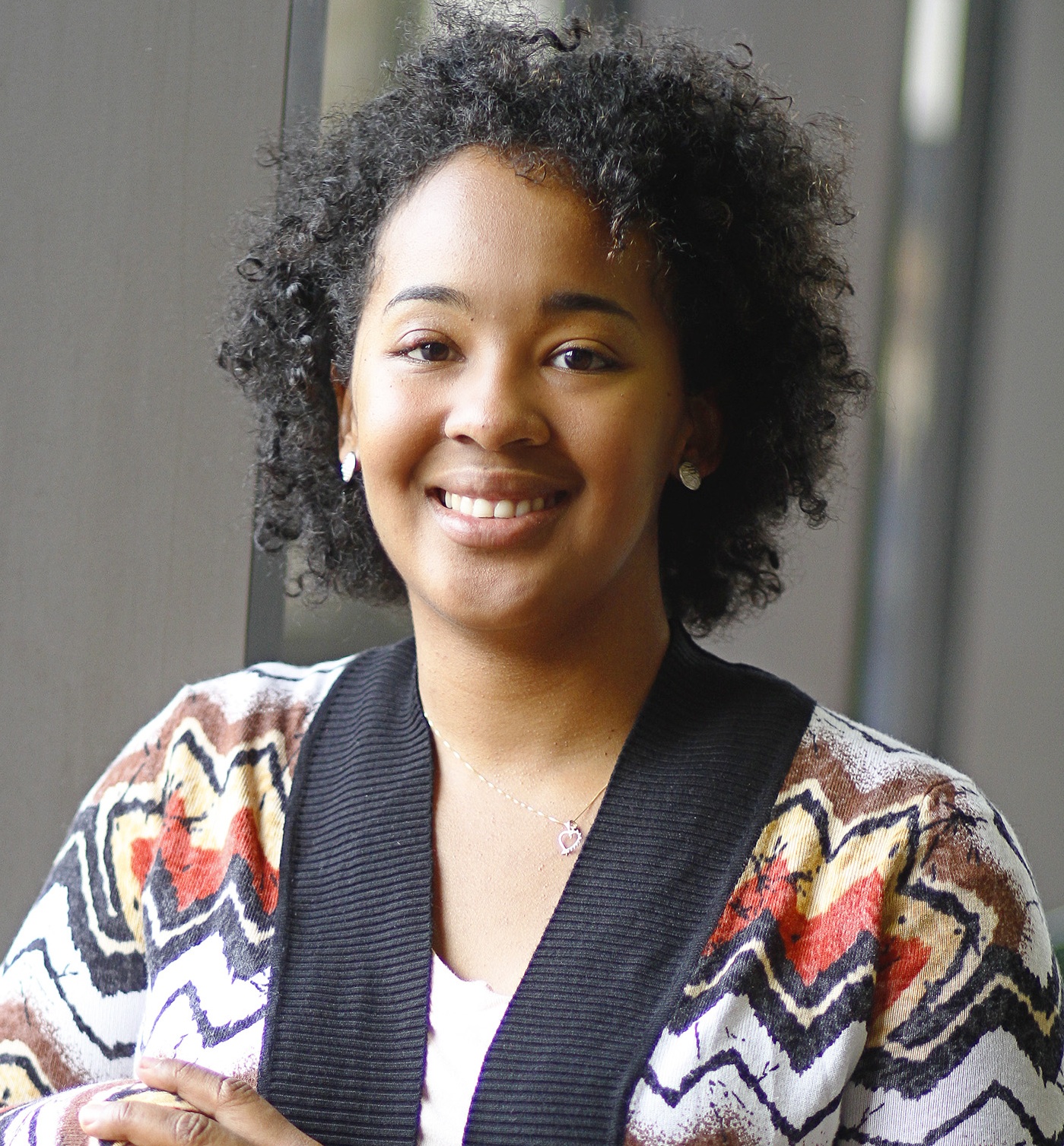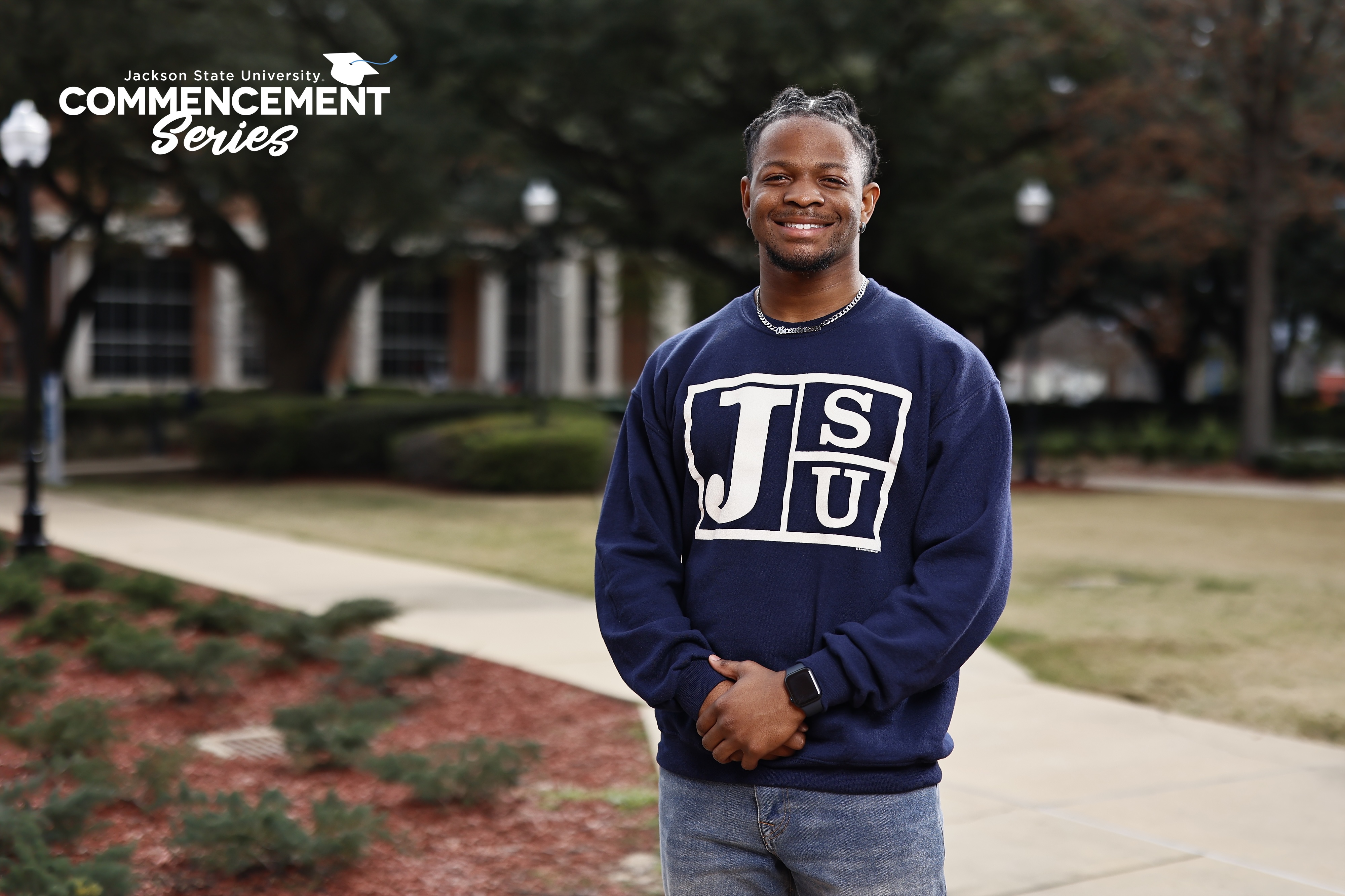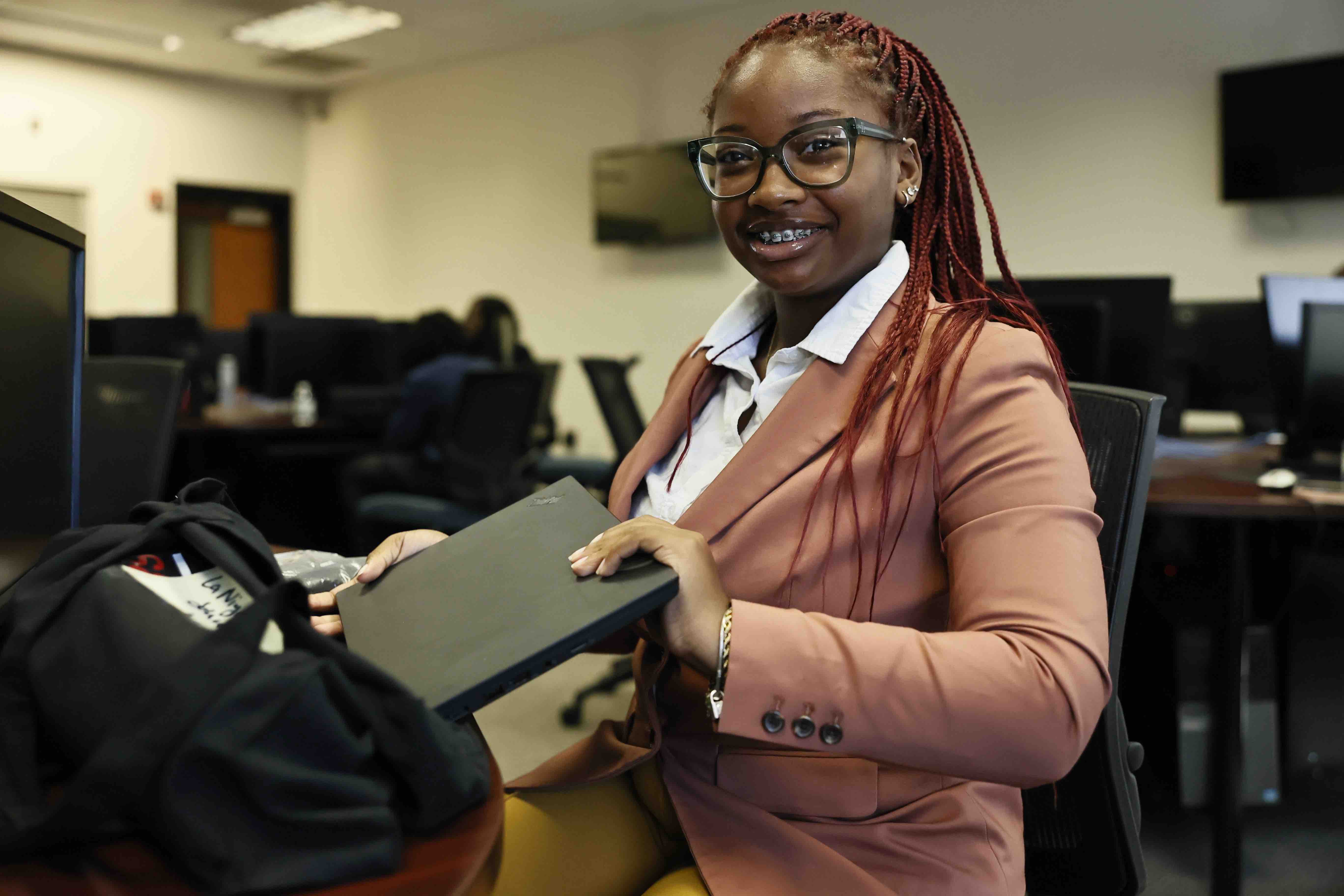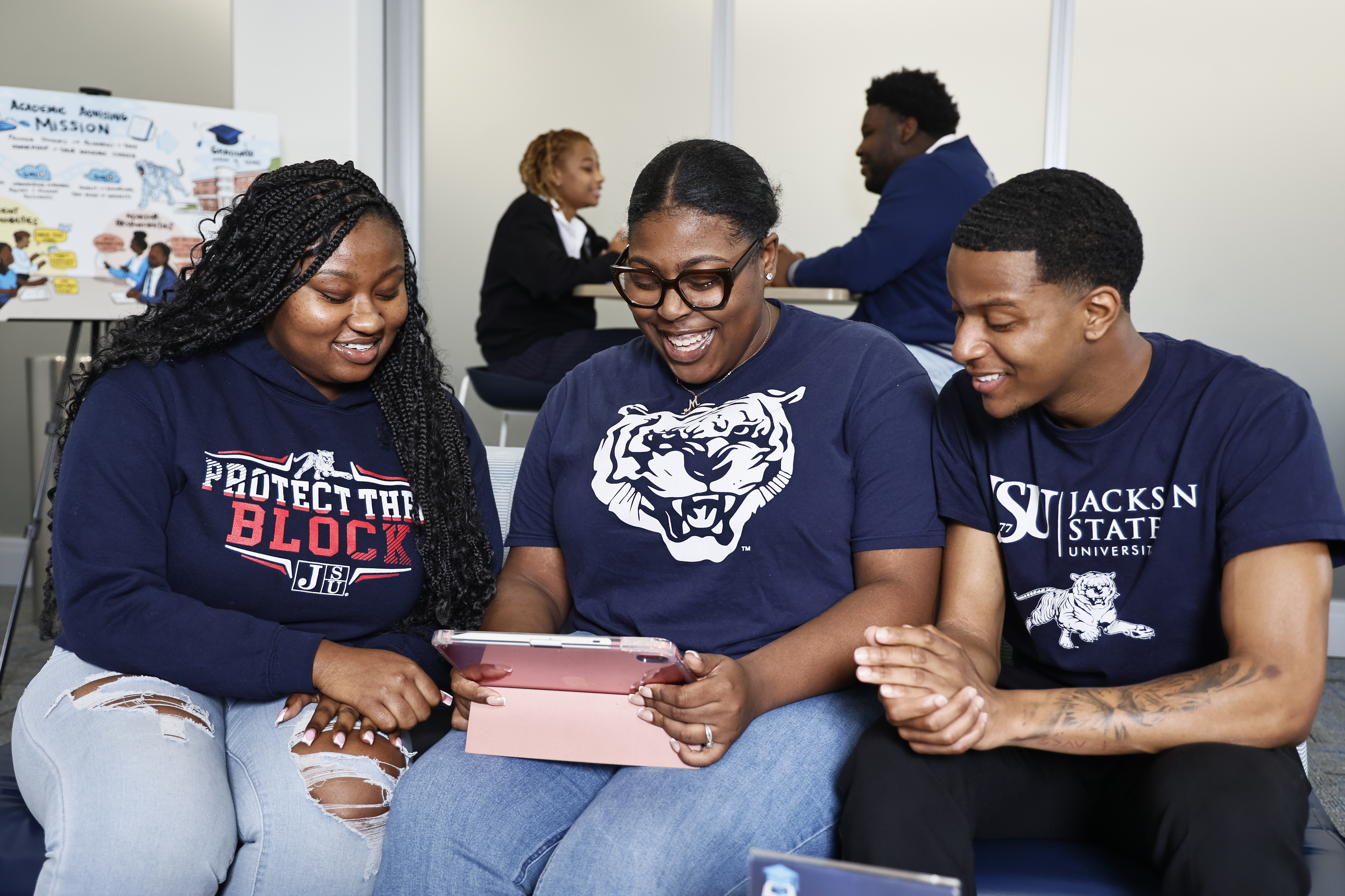Minority representation in STEM subjects is a major concern nationally, but Jackson State University is tackling the issue with six minority Ph.D. chemists graduating at Fall Commencement Dec. 12.
That number includes four women minority Ph.D. chemists graduating — a minority within a minority.
The female African American students are: Shantelle Hughes, Kristen Lewis, Cassandra McCallum, and Danielle McShan, according to Dr. Hongtao Yu, chair of the Department of Chemistry and Biochemistry. The minority breakdown is added to with female student Fahmida Zeren and a minority male, Zhen Fan.
Providing so many minority Ph.D.s is noteworthy, says Yu.
“The Chemistry Ph.D. program started to admit students in 1999 and graduated a total of 51 Ph.D.s (23 African Americans and 26 females) in the period of 11 years 2003-2014,” Yu said. “The average of 2.1 African American Chemistry Ph.D. graduates per year ranks second in the nation. Nationally, the average of chemistry Ph.D. graduates who are African Americans is about 50 per year.”
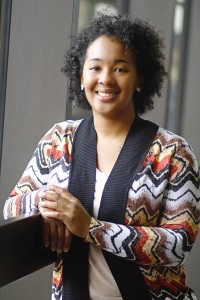
Readying to accept her doctoral degree as one of those 50 per year at JSU’s Commencement, Lewis says, she almost went into medicine instead. She was accepted into medical school through Brown University’s Early Identification Program while she was an undergraduate at Tougaloo College.
“Much to my parents’ and professors’ dismay, I knew that my passion was in teaching as well as research.” She was recruited to the graduate program at Jackson State.
Graduate school wasn’t easy, said the 27-year-old Monroe, La., native. “The biggest challenge I faced was finding balance. I had to learn how to balance my personal life with my academic life. Oftentimes, I would become overwhelmed because I wouldn’t take time to rest and relax. I have seen a lot of students get burned out that way because they became so consumed in their research and stressed about passing their courses.”
Dr. Glake Hill, her graduate advisor, passed along some good advice: “Work hard and play hard.” That means, she said, “when it is time to work, work hard, complete your tasks, and don’t play around.” But when not working, give your time the same respect. “When it is time to play, rest, relax, have fun, and don’t work. His philosophy became the mantra that kept me sane during graduate school.”
Lewis says she would definitely recommend STEM fields to other young women.
“My advice is to truly examine your reasons for pursuing STEM studies. From the very beginning, know your end goal and construct a plan for your graduate studies accordingly so that you can make the most of your time. Choose a mentor that will challenge you and work with you to accomplish your goals. Lastly, your most valuable commodity is your time. Make sure you are spending it wisely.”
Jackson State is amassing a trailblazing record for women and minorities in STEM fields, since according to the Journal of Chemical Education, the number of chemistry Ph.D.s granted to people from underrepresented minority groups is only about 5 percent of all chemistry Ph.D.s. That includes only about 2 percent representation for African-Americans, 3 percent for Hispanic students and 7 percent for Asian students of total degrees.
Of course, this is not the case at JSU, where STEM is vigorously pursued not only by the College of Science, Engineering and Technology, but championed by JSU President Dr. Carolyn W. Meyers — especially among minorities and female minorities.
Dr. Meyers herself earned a bachelor’s degree in mechanical engineering from Howard University, a master’s degree in mechanical engineering and a doctorate in chemical engineering from the Georgia Institute of Technology. She completed post-doctoral work at Harvard University. She is a fellow in the American Society of Mechanical Engineers and a board member of the American Council on Education.
Speaking to education faculty and staff recently, she confided her own career path wasn’t easy, saying: “You can imagine being a woman engineer in the late 1960s — and the only black woman.”
But she has indeed blazed a trail. In October, the National Organization for the Professional Advancement of Black Chemists and Chemical Engineers named Meyers as winner of the 2014 NOBCChE President’s Award for Excellence in STEM Research and Mentoring.
Jackson State’s Ph.D.s are achieving success, as well. According to Yu, “after graduation, 100 percent are employed within one year of graduation: 49 percent, postdoctoral fellowships; 22 percent industrial/higher education jobs; 18 percent higher education faculty; 4 percent seeking second doctoral degree, and the rest of the 7 percent are new graduates seeking a job.”
Currently, said Yu, “43 percent of the former graduates are employed as faculty members in higher education institutions.”
That’s not lost on Lewis, either. “I want to become a professor at a small college or university,” she said. “Later on, I may transition into being an administrator or dean.”
JSU’s commencement will be held at 6 p.m. Dec. 12 at the Lee E. Williams Athletics and Assembly Center, 1400 John R. Lynch St. Former New Orleans mayor Marc H. Morial is the featured speaker.



